America’s “Era of Good Feelings” Comes to an End
When President George Washington retired in 1796, he devoted much of his Farewell Address to warning his fellow citizens about the danger of forming political parties. Unfortunately, the politicians did not listen.
Thomas Jefferson, as a Democratic-Republican, challenged Vice President John Adams, a Federalist, for the Presidency. Adams prevailed in a close election that saw campaigning between rival political parties for the first time in America.
For the most part, Jefferson’s party dominated the south and the Federalists held sway in the middle Atlantic and New England states. When Adams was elected President, his Federalist party also controlled both the Senate and the House. Four short years later, the reign of the Federalists would come to an end.
In the election of 1800, the Democratic-Republicans won control of both houses of Congress and the White House as Jefferson won a bitter reelection contest against Adams. While Jefferson won the White House, he lost a dear friend in Adams as Jefferson’s followers were harshly and unfairly critical of John Adams.
In any event, for the next twenty-four years, the Democratic-Republicans would dominate the American political landscape like no party has ever done, making America essentially a one-party country.
Their nominees for President (Thomas Jefferson, James Madison, and James Monroe, all Virginians) were elected to three straight two-term Presidencies. That has never happened again.
Additionally, the election of 1820 was unique in that Monroe ran unopposed for President as the Federalists did not even offer a candidate for the election. That as well has never happened again.
John Vanderlyn. “James Monroe.” National Portrait Gallery.
The party also dominated both the Senate and House of Representatives so completely that the Federalists were almost nonexistent. In fact, by the end of the Monroe administration, the Senate had 44 Democratic-Republican senators and only 4 Federalists. The House split was 189 Democratic-Republicans and only 24 Federalists. Incredibly, the Democratic-Republican party had 90% of the seats in Congress. And that too has never happened again.
For 24 years, every region of the country seemed to want the same policies and the same national leaders. From the Deep South to our northern border with Canada, except for a few small pockets in New England, Democratic-Republicans won all the national elections.
This period, the final eight years of which have been dubbed the “Era of Good Feelings,” came to a crashing halt with the Presidential election of 1824. Hard edged tactics by Andrew Jackson and his Western supporters splintered the Democratic-Republicans and they ended up fielding four different candidates for President.
Consequently, no candidate received enough votes for a clear majority of the Electoral College to become our sixth President. In our nation’s first contested Presidential election, the House of Representatives selected John Quincy Adams, the son of former President John Adams, as President over Jackson despite Jackson winning the most votes in the popular election.
Andrew Jackson howled loud and long claiming the election was rigged against him and, four years later, he defeated John Quincy Adams in a rematch for President. Due to the animosity and hard feelings created by Jackson, the party founded by Jefferson was finished as a political entity.
In its wake, numerous political parties emerged: Democratic Party (same party as today), Whig Party, Anti-Masonic Party, Free-Soil Party, Constitutional Party, Native American Party, and finally the Republican Party in 1854. Never again would our nation have as long a period of no-party or one-party rule as during our nation’s first fifty years.
WHY IT MATTERS
So why should our nation’s relative political unity during our founding era matter to us today? From 1774-1824, the United States enjoyed twenty years with no political parties and another twenty-four years with essentially only one party, the Democratic-Republicans.
While differences existed within the nation and how the people viewed issues changed from time to time, during that period we were relatively united. It is probably this unity that allowed America to survive its fragile birth and come of age in its great experiment in democracy.
SUGGESTED READING
The Era of Good Feelings, written by George Dangerfield, is one of the finest books on the early 1800’s in America. Published in 1953, it won the Pulitzer Prize for History and is a must read for those interested in the pivotal early days of our republic.
PLACES TO VISIT
The Hermitage was the home of Andrew Jackson, one of America’s most impactful and influential early leaders. The beautifully restored estate is just outside Nashville, Tennessee, and a great place to visit.
Until next time, may your motto be “Ducit Amor Patriae”, Love of country leads me.

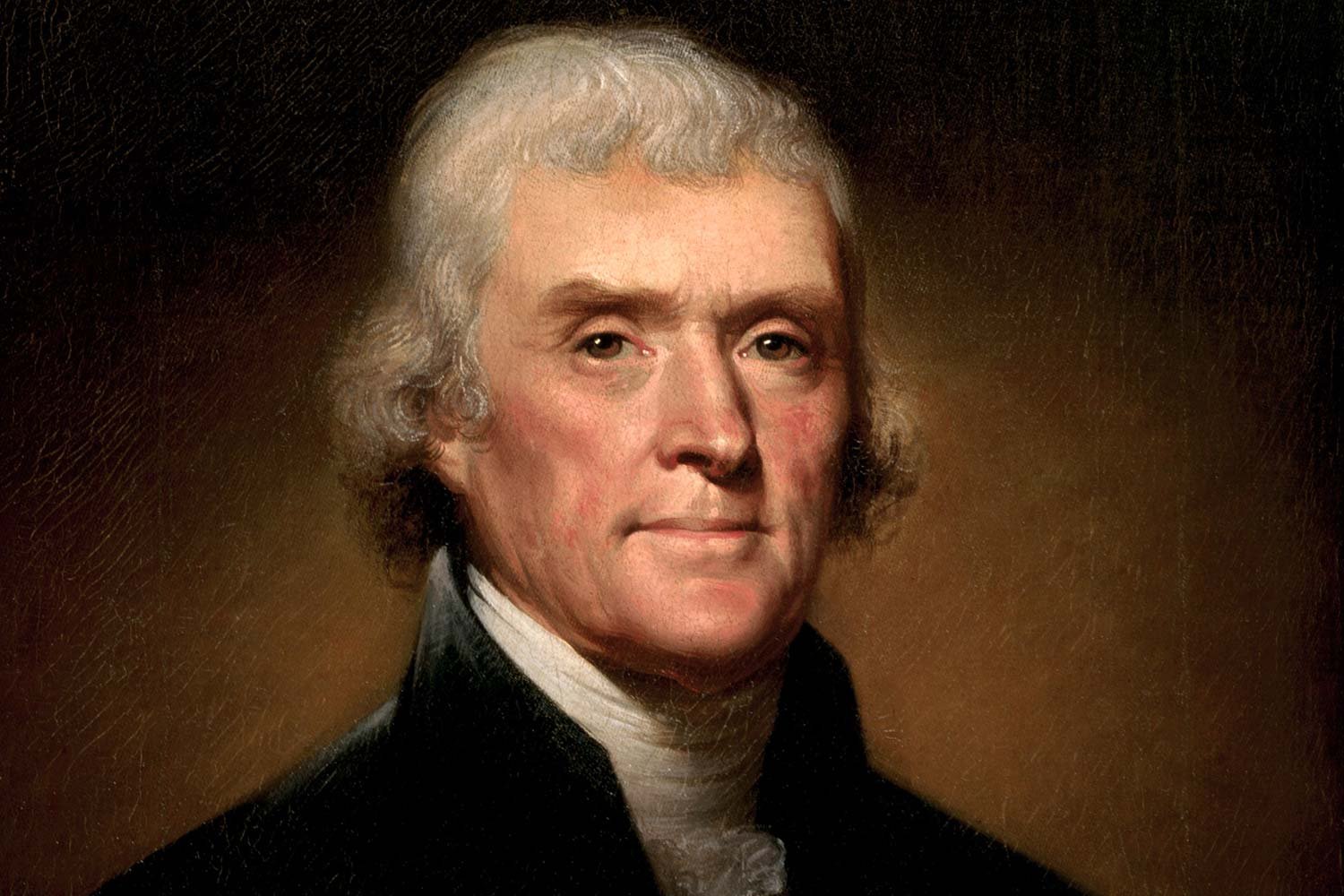

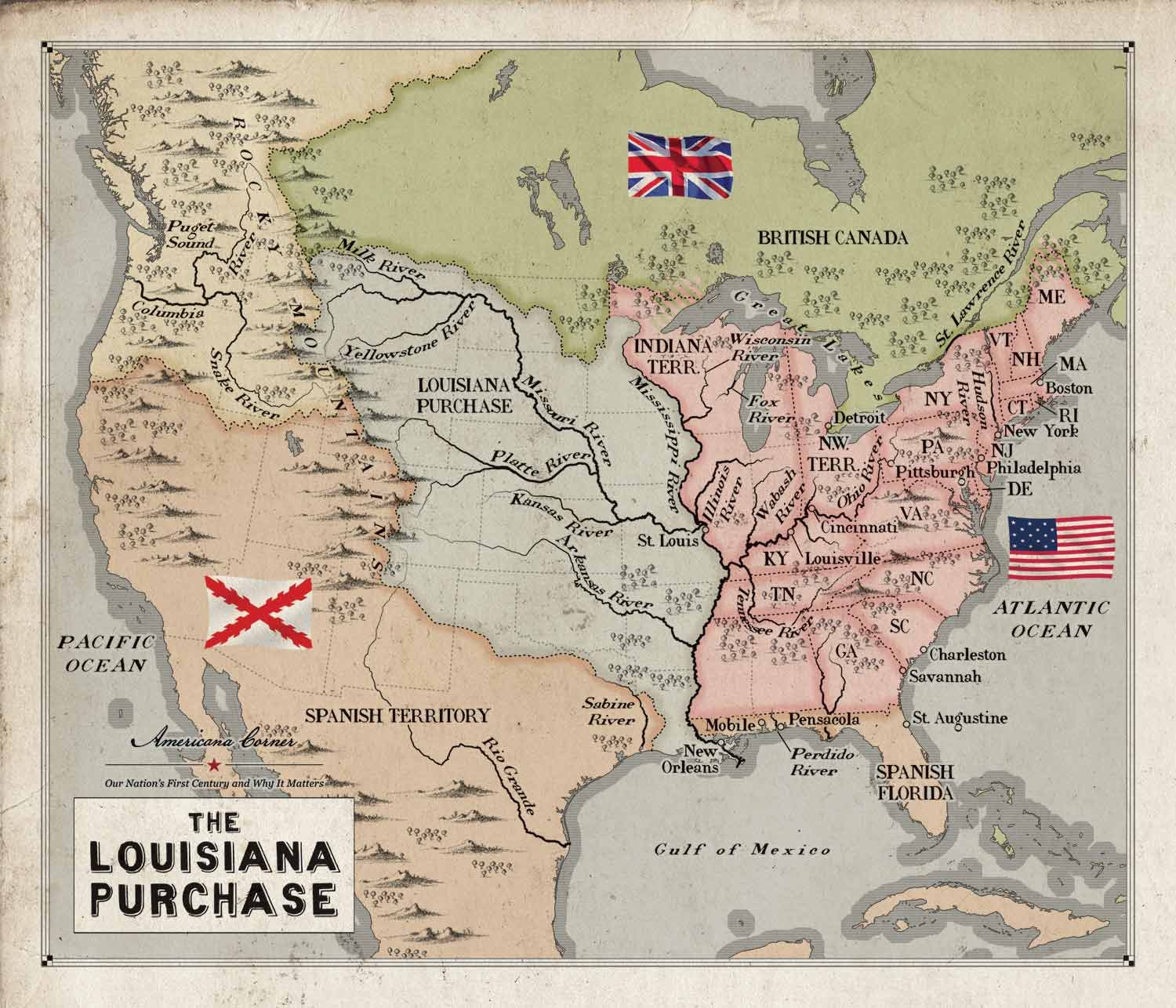
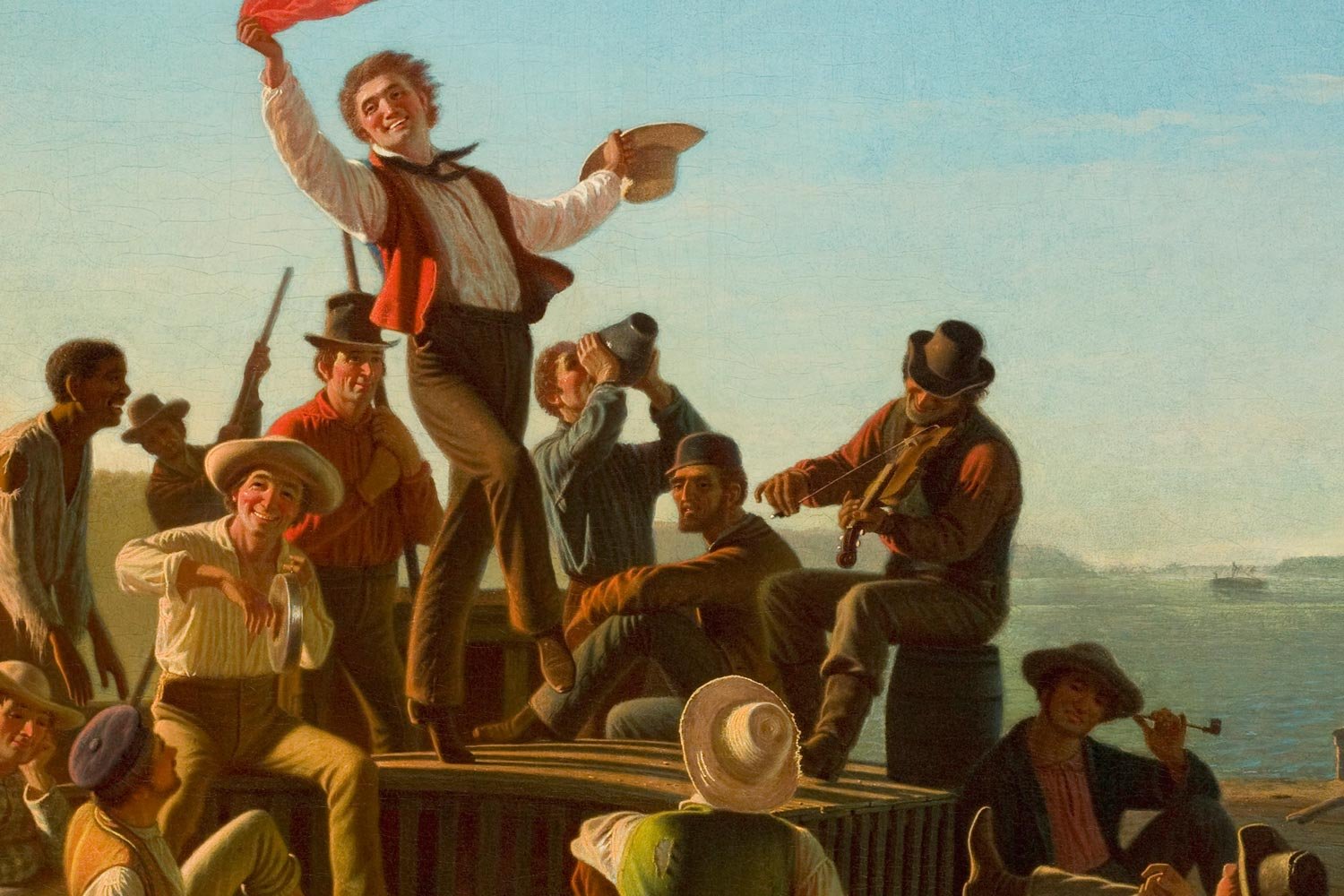
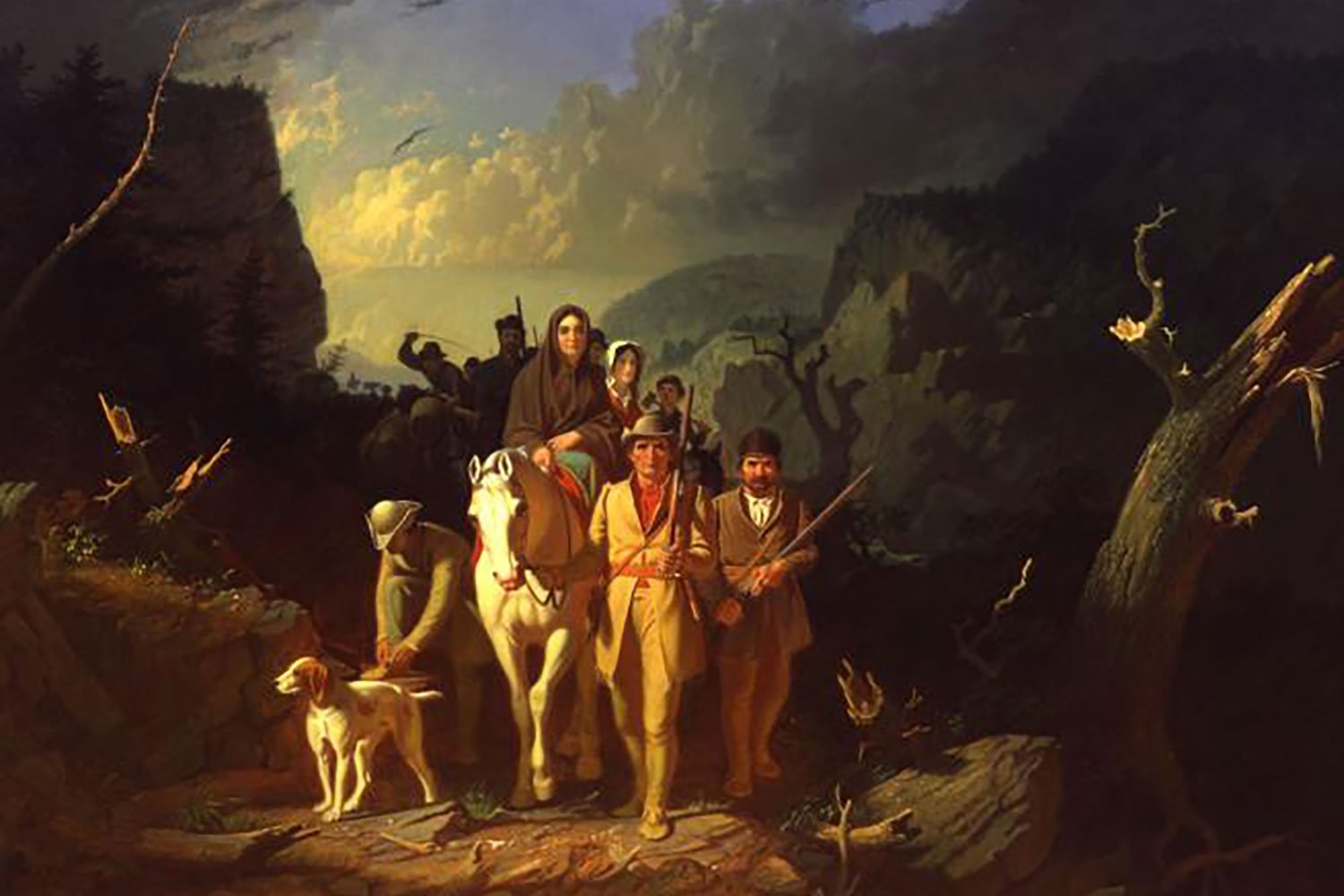
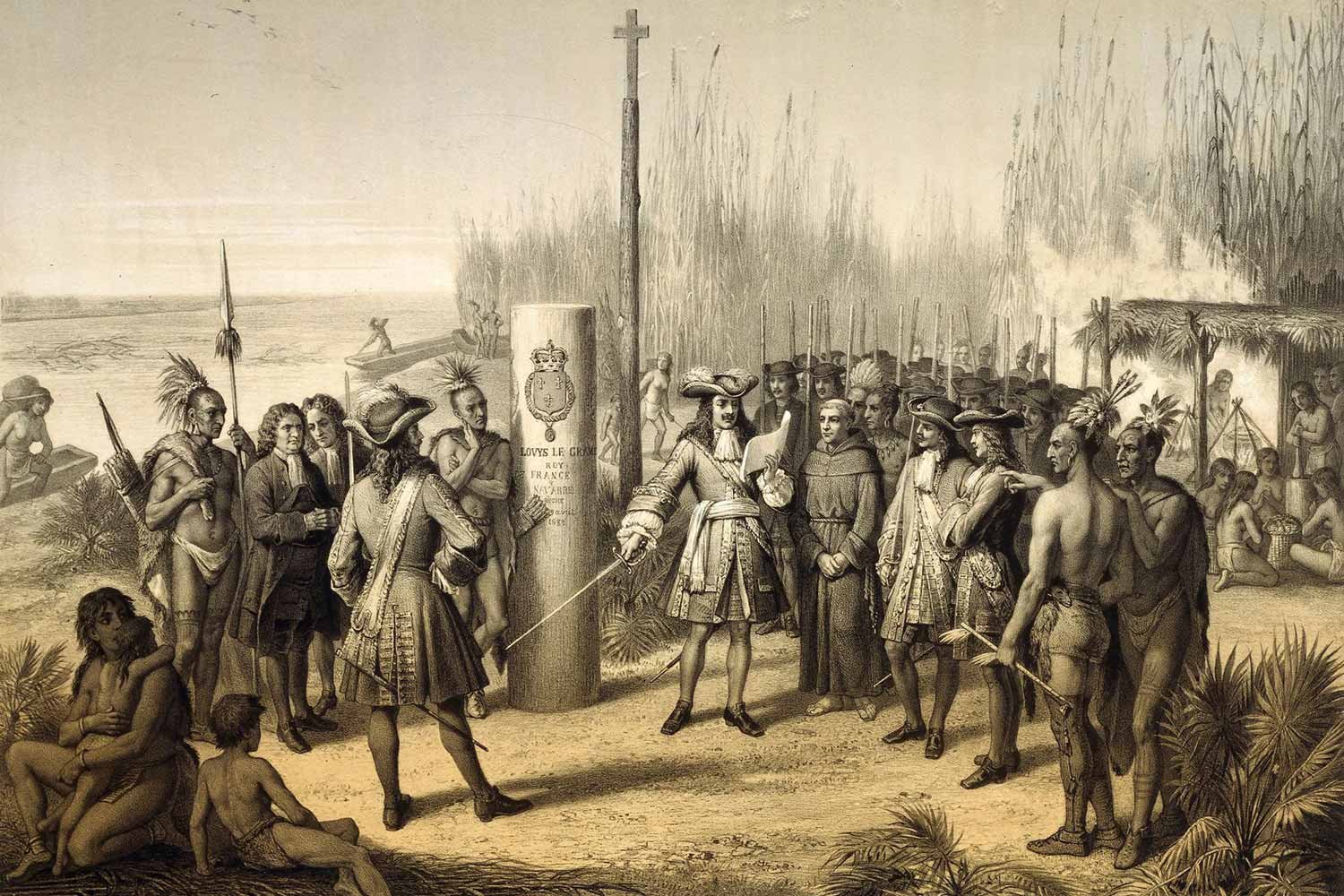
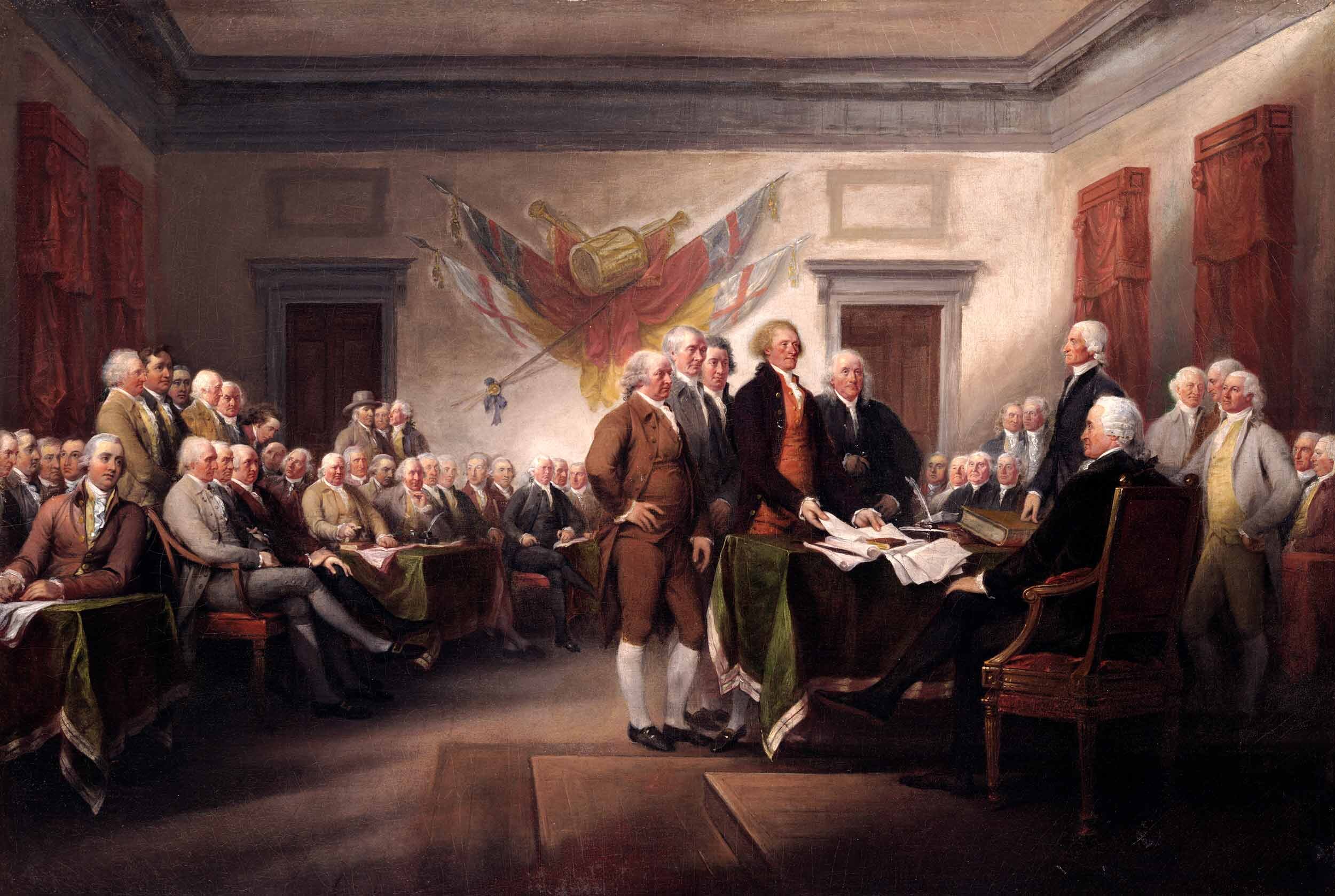

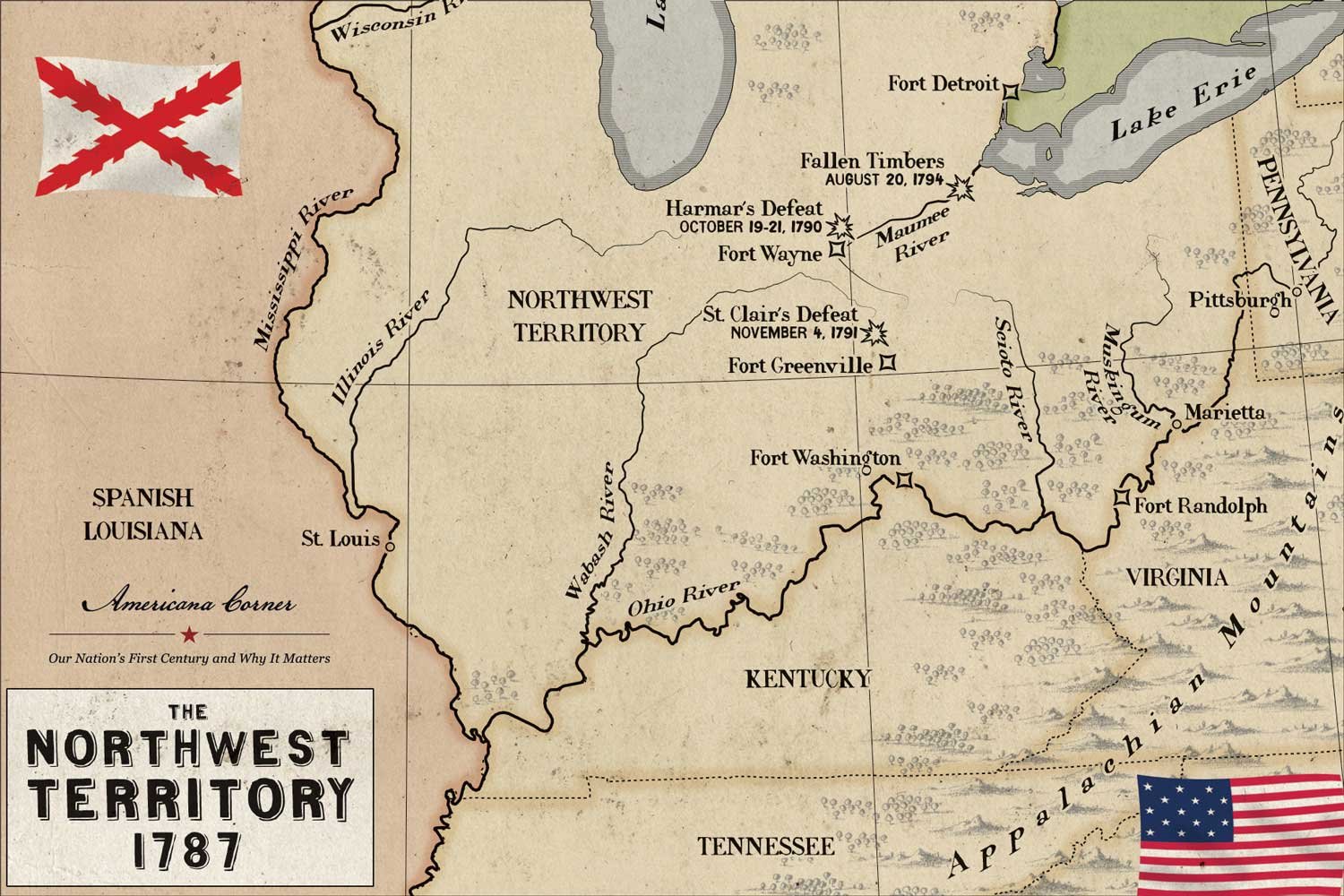
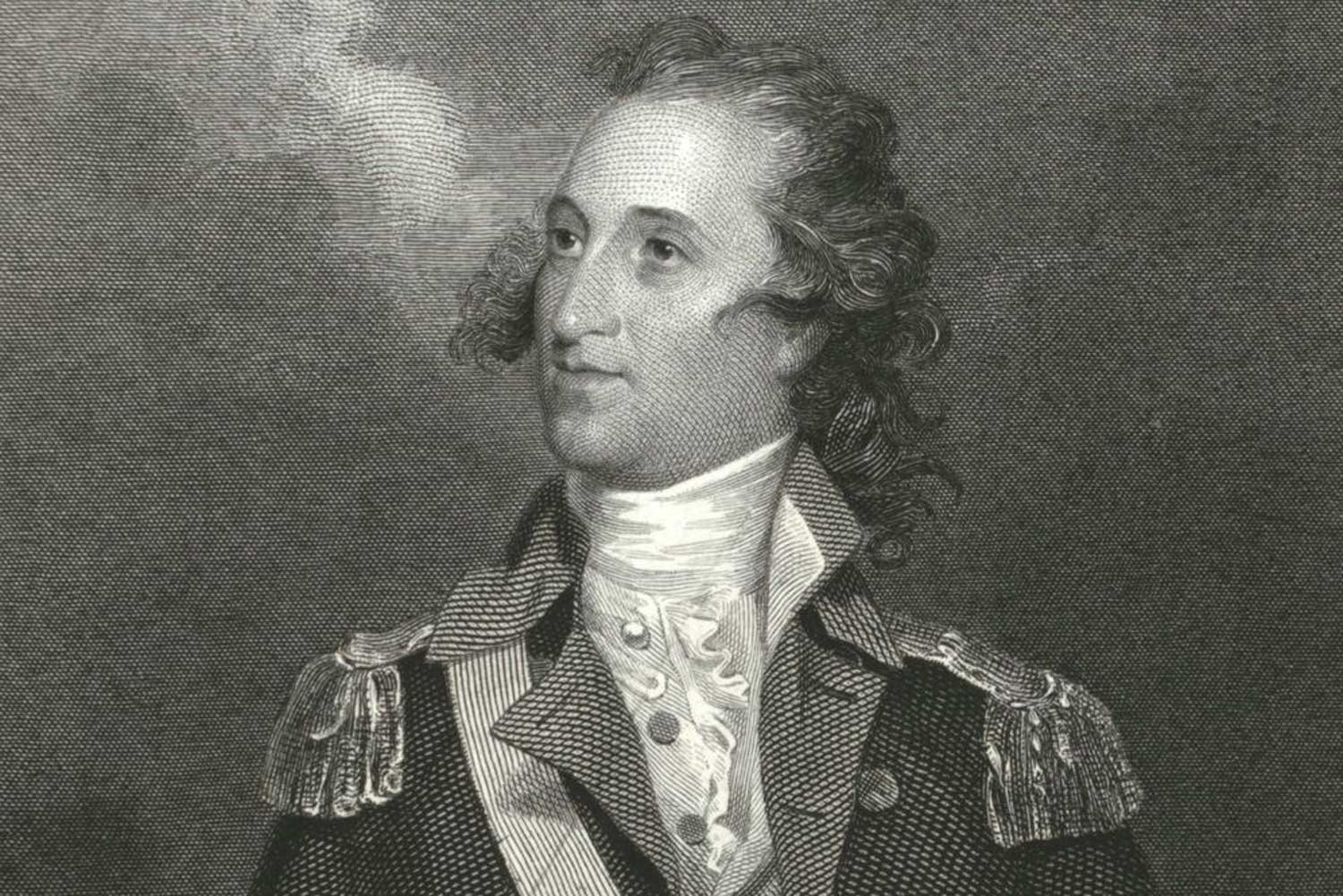
The dream of finding an all water route across North America, the mythical Northwest Passage, had been imagined since the time of Christopher Columbus. Incredibly, three hundred years after the Admiral of the Ocean Seas completed his epic voyages, the vast interior of the continent was still essentially unknown to Europeans. This great uncertainty led to numerous theories about what lay beyond what men could see.